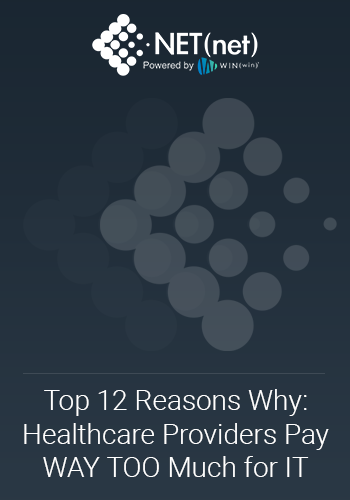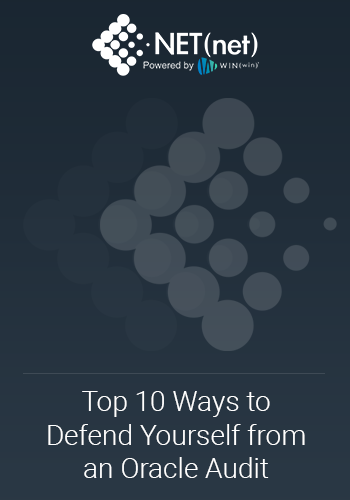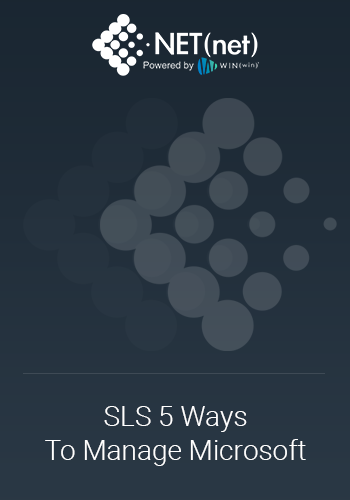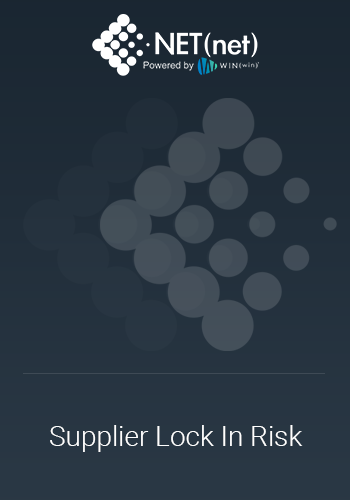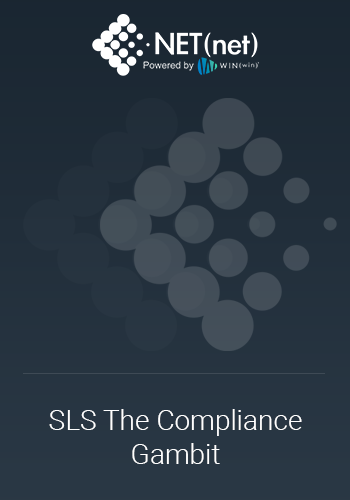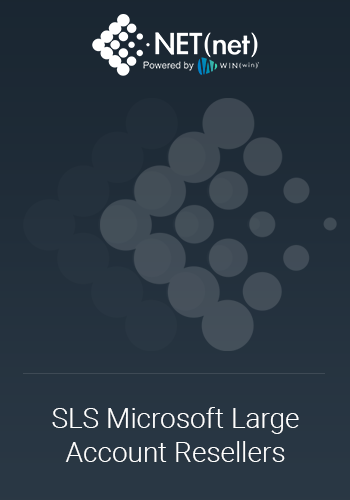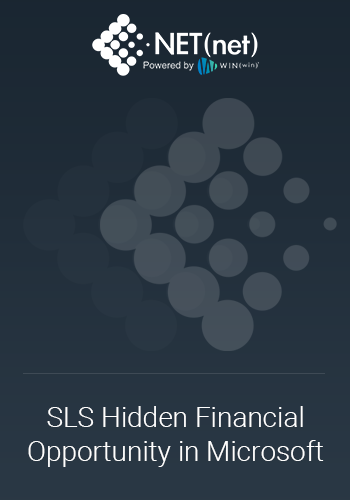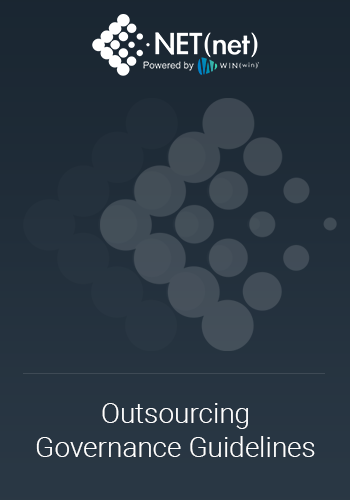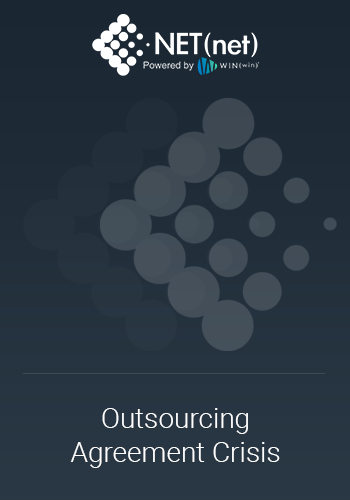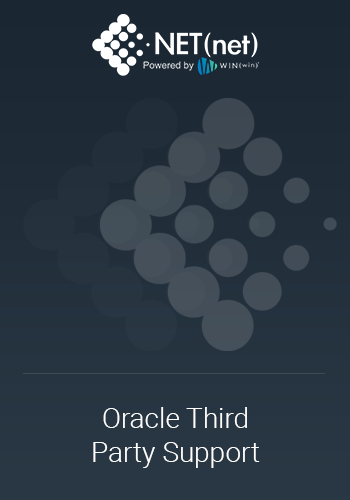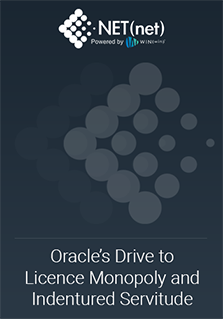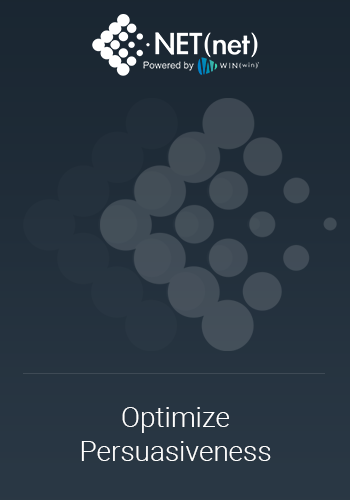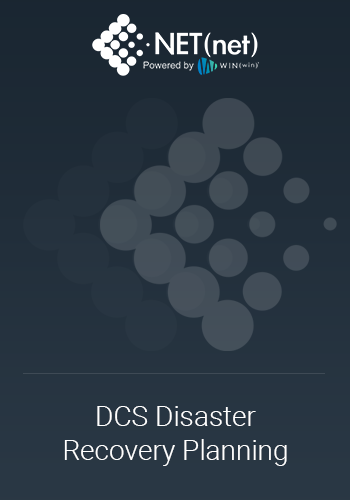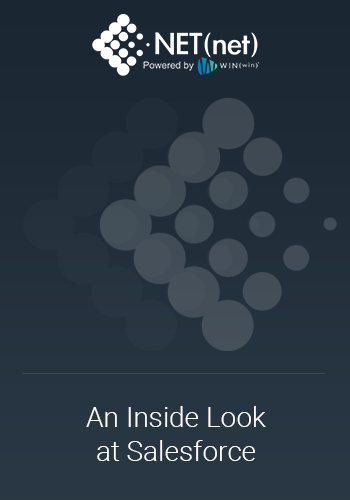Top 5 Industries Transforming
Preface
The days of relying on personal relationships to secure favorable deal terms are over. IT vendors are aggressively shifting their focus towards capturing a larger share of your value chain and more of your wallet share. Their maneuvers include:
- Subscription-based pricing models: IT vendors are locking customers into recurring fees with additional consumption costs, making it difficult to predict and control long-term technology costs.
- Reduced flexibility: Subscription access often comes with limited customization options, and tiered access that requires you to subscribe to more expensive levels that offer higher functionality and/or more volume than you need, forcing you to spend way more than you want.
- Modern Discounting: Adding insult to injury, IT vendors are frequently reducing (or even eliminating) previously negotiated enterprise discounts as part of this migration to the cloud.
- Price Hikes: On top of all this, to accelerate the drive to the cloud, most IT vendors are significantly raising prices on legacy solutions, but that hasn't stopped them from raising prices on the destination environments as well, under the auspice of rising input costs.
- Opaque pricing structures: Many IT vendors have abandoned transparent public price lists and conventional discounting structures for product mix, volume, term, and enterprise metrics, making it challenging for customers to compare features, price-benchmark, and negotiate effectively.
The Need for a Modern Approach
In this ever-evolving landscape, businesses need a modern solution to navigate the complexities of technology negotiations. NET(net) is that modern solution; providing you with the tools and expertise needed to empower you to make informed decisions and secure the best possible deals from your IT vendors, and maximum value from your IT investments.
Our Approach:
We go beyond traditional tactics to deliver:
- Real-Time Market Insights: We ingest massive amounts of market research and deal data to stay ahead of vendor pricing strategies and identify potential cost-saving opportunities.
- Deep IT Vendor Counter-Intelligence: We decode vendor tactics and uncover hidden costs within complex agreements, ensuring you understand the true impact of any proposed solution.
- Expert Advisory Services: Our team of experts provides strategic guidance and support throughout the entire negotiation process, helping you achieve the most favorable terms for your business.
By partnering with NET(net), you gain the knowledge and confidence to navigate the new data-driven negotiation landscape and secure the best deals with your IT vendors, getting maximum value from your technology investments.
Introduction
The relentless march of technology is reshaping industries at an unprecedented pace. Disruption, once a gradual process, is now a constant, forcing businesses to adapt or risk obsolescence. This blog delves into the five industry sectors experiencing the most profound transformation due to technological advancements.
Understanding Disruption
Technological disruption refers to the process where new technologies challenge established industries and business models. This phenomenon, once a gradual shift, is now accelerating due to factors like increased R&D investment, globalization, and the democratization of technology itself.
Key Disruptive Technologies:
- Artificial Intelligence (AI): From machine learning to natural language processing, AI is automating tasks, enhancing decision-making, and creating new business models.
- Blockchain: This decentralized ledger technology is revolutionizing finance, supply chain, and healthcare with its transparency, security, and efficiency.
- Internet of Things (IoT): The interconnectedness of devices is generating vast amounts of data, enabling predictive maintenance, smart cities, and new service opportunities.
- Automation: Robotics and automation are transforming manufacturing, logistics, and customer service, leading to increased productivity and cost reduction.
Government and Regulation:
Governments play a crucial role in shaping technological change through policies, regulations, and investments. While regulation can hinder innovation, it's essential for consumer protection, data privacy, and ethical considerations.
The Human Element:
Technological disruption inevitably leads to job displacement. However, it also creates new opportunities. Reskilling and upskilling the workforce will be critical to adapt to the changing landscape. Ethical considerations around AI, data privacy, and job displacement must be addressed.
Industry Deep Dives
1. Healthcare
- Industry Overview: A complex sector characterized by high costs, aging populations, and chronic diseases.
- Disruptive Technologies: AI for drug discovery, diagnostics, and personalized medicine; blockchain for secure data management and supply chain transparency; IoT for remote patient monitoring and wearables; automation for streamlining administrative tasks.
- Impact Analysis: Improved patient outcomes, lower costs, and more accessible care.
- Challenges: Data privacy, regulatory hurdles, and infrastructure investments.
- Opportunities: Telemedicine, preventive care, and digital health platforms.
2. Finance
- Industry Overview: A highly regulated sector undergoing significant digital transformation.
- Disruptive Technologies: AI for fraud detection, algorithmic trading, and financial advice; blockchain for cryptocurrency, smart contracts, and remittances; IoT for wearables and payment systems.
- Impact Analysis: Increased efficiency, financial inclusion, and personalized services.
- Challenges: Cybersecurity, regulatory compliance, and consumer trust.
- Opportunities: Fintech innovations, robo-advisory, and decentralized finance (DeFi).
3. Transportation
- Industry Overview: A sector facing challenges of congestion, pollution, and safety.
- Disruptive Technologies: AI for autonomous vehicles, traffic management, and logistics optimization; blockchain for supply chain transparency and vehicle ownership; IoT for connected cars and smart infrastructure.
- Impact Analysis: Reduced accidents, improved traffic flow, and new mobility services.
- Challenges: Infrastructure, public acceptance, and regulatory frameworks.
- Opportunities: Electric vehicles, ride-sharing, and cargo drones.
4. Retail
- Industry Overview: A highly competitive sector disrupted by e-commerce and changing consumer behavior.
- Disruptive Technologies: AI for personalized recommendations, inventory management, and customer service; blockchain for supply chain traceability and counterfeit prevention; IoT for smart shelves and in-store analytics.
- Impact Analysis: Omnichannel experiences, improved customer satisfaction, and supply chain optimization.
- Challenges: Evolving consumer preferences, competition from online giants, and store closures.
- Opportunities: Augmented reality, virtual stores, and subscription models.
5. Manufacturing
- Industry Overview: A sector undergoing automation and reshoring trends.
- Disruptive Technologies: AI for predictive maintenance, quality control, and design optimization; blockchain for supply chain transparency and traceability; IoT for smart factories and asset management.
- Impact Analysis: Increased productivity, improved product quality, and localized supply chains.
- Challenges: Workforce retraining, cybersecurity, and initial investment costs.
- Opportunities: Additive manufacturing (3D printing), Industry 4.0, and customization.
Comparative Analysis
All five industries are experiencing rapid digital transformation. Common themes include the adoption of AI, data-driven decision-making, and the importance of cybersecurity. However, the pace of disruption varies, with finance and retail leading the charge.
Future Trends
- Hyperautomation: The combination of AI, RPA, and other technologies to automate end-to-end processes.
- Edge Computing: Processing data closer to the source for faster insights and reduced latency.
- Quantum Computing: Solving complex problems beyond the capabilities of classical computers.
- Digital Twins: Virtual representations of physical assets for optimization and simulation.
These trends will reshape industries, create new business models, and redefine customer experiences.
Case Studies: Technology Disruption in Action
Case Study 1: Healthcare - Pfizer
Disruptive Technology: AI and Blockchain
Pfizer, a global pharmaceutical leader, has leveraged AI to accelerate drug discovery and development. By analyzing vast datasets, AI algorithms have helped identify potential drug candidates more efficiently, reducing time-to-market and research costs. Additionally, Pfizer is exploring blockchain technology to enhance supply chain transparency, ensuring the integrity of its products and combating counterfeit medications. These technological advancements have improved patient outcomes, reduced risks associated with drug development, and increased the overall value of Pfizer's offerings.
Case Study 2: Finance - JPMorgan Chase
Disruptive Technology: AI and Automation
JPMorgan Chase, a leading financial institution, has implemented AI to automate various processes, such as fraud detection, customer service, and investment analysis. By utilizing AI-powered chatbots, the bank has improved customer satisfaction and reduced operational costs. Furthermore, the bank has employed automation to streamline back-office functions, enhancing efficiency and accuracy. These technological advancements have enabled JPMorgan Chase to lower risks, improve customer experience, and unlock new revenue streams.
Case Study 3: Retail - Amazon
Disruptive Technology: AI, IoT, and Automation
Amazon, a global e-commerce giant, has revolutionized the retail industry through the adoption of advanced technologies. AI-powered recommendation systems have significantly enhanced customer experience and increased sales. The company has also implemented IoT devices, such as Amazon Echo, to create a seamless shopping experience. Automation in warehouses and fulfillment centers has optimized operations, reduced costs, and accelerated order fulfillment. These technological innovations have solidified Amazon's position as a market leader by lowering operational risks, improving customer satisfaction, and driving revenue growth.
These case studies demonstrate how leading companies across different industries are harnessing the power of technology to drive transformation, create value, and gain a competitive edge. These examples provide concrete evidence of the impact of technological disruption, giving you a benchmark to explore how you might apply similar strategies in your own organization.
Resources
1. World Economic Forum (WEF)
- URL: https://www.weforum.org/
- Reason: The WEF is a global platform for public-private cooperation, focusing on shaping the future of society and the economy. It provides in-depth analysis and insights into technological disruption across industries.
2. McKinsey & Company
- URL: https://www.mckinsey.com/
- Reason: McKinsey is a global management consulting firm that offers deep industry expertise and data-driven insights on technological trends and their impact.
3. Brookings Institution
- URL: https://www.brookings.edu/
- Reason: As a leading public policy organization, the Brookings Institution provides research and analysis on the economic and social implications of technological change.
4. Harvard Business Review (HBR)
- URL: https://hbr.org/
- Reason: HBR is a leading source of thought leadership on business and management, offering in-depth articles and case studies on technological disruption.
5. Gartner
- URL: https://www.gartner.com/
- Reason: Gartner is a leading research and advisory company providing insights and predictions on technology trends and their impact on businesses.
These sources provide valuable data, expert opinions, and case studies that support this blog's analysis and predictions.
Conclusion: The Future of Disruption
The relentless march of technology is reshaping industries at an unprecedented pace. While disruption can be daunting, it also presents incredible opportunities for innovation and growth. The key to success lies in embracing change, strategically adopting new technologies, and prioritizing your most valuable asset - your people.
By understanding the disruptive forces at play, businesses can make informed decisions about where to invest resources. The case studies showcase how leading companies like Pfizer, JPMorgan Chase, and Amazon have leveraged AI, IoT, and automation to drive transformation. By learning from their successes, businesses of all sizes can chart their own course through the ever-evolving technological landscape.
The future holds exciting possibilities for those who are prepared. Emerging trends like hyperautomation, edge computing, and quantum computing promise to further revolutionize industries and create entirely new ones. By staying informed, adaptable, and human-centric, businesses can not only survive but thrive in this era of accelerating disruption.
Call to Action
The technological revolution is here to stay. Embracing disruption, investing in innovation, and prioritizing human capital are essential for businesses to thrive. Share your thoughts in the comments below! Which industries are being most impacted by technology? Which industries are most susceptible to disruption? What are your strategies for navigating technological change? How do you see the future unfolding?
NET(net) can help you achieve success, so Act Now.
About the Author
Steven C. Zolman is a leading expert in technology investment optimization and the founder, owner, and executive chairman of NET(net), Inc., the world's leading technology investment optimization firm. With over 30 years of industry experience, Mr. Zolman has helped client organizations of all sizes maximize the value of their technology investments by minimizing cost and risk and maximizing the realization of value and benefit.
About NET(net)
Founded in 2002, NET(net) is the world’s leading IT Investment Optimization firm, helping clients find, get, and keep more economic and strategic value in their technology supply chains. Over the last 20 years, NET(net) has influenced trillions of investment, captured hundreds of billions of value, and has helped clients cost and value optimize all major areas of IT Spend, including XaaS, Cloud, Hardware, Software, Services, Healthcare, Outsourcing, Infrastructure, and Telecommunications, among others. NET(net) has the experience you want, demonstrates the expertise that you need, and delivers the performance you demand and deserve. Contact us at info@netnetweb.com, visit us online at www.netnetweb.com, or call us at +1 (616) 546-3100 to see if we can help you capture more value in your IT investments, agreements, deployments, and relationships.
NET(net)’s Website/Blogs/Articles and other content is subject to NET(net)’s legal terms, offered for general information purposes only, and does not constitute legal advice. While NET(net) may offer views and opinions regarding the subject matter, such views and opinions are those of the content authors, are not necessarily reflective of the views of the company and are not intended to malign or disparage any other company or other individual or group.

